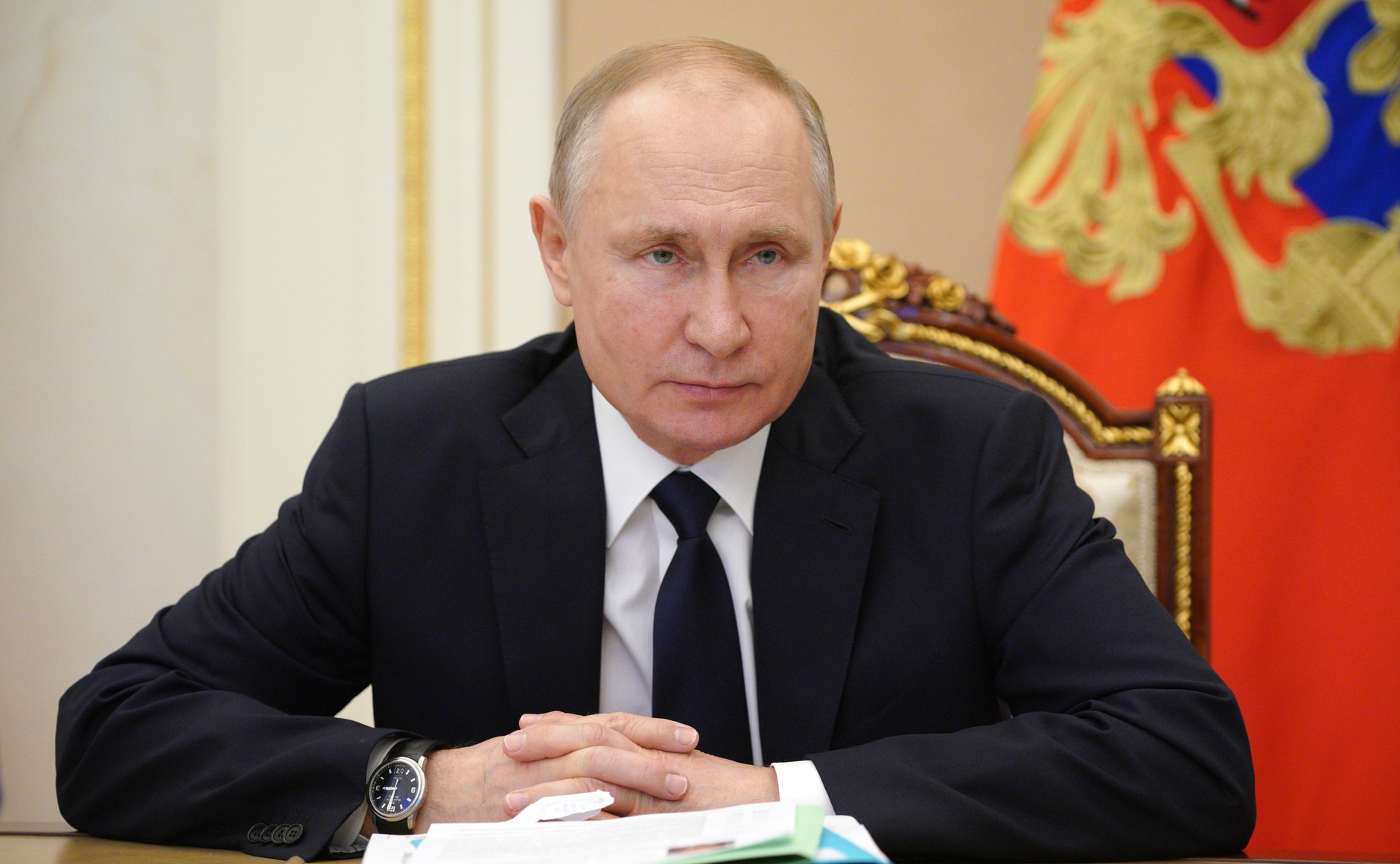Russian oil and Chinese yuan push Pakistan out of the dollar

Pakistan has received its first shipment of crude oil from Russia, paid for in Chinese yuan rather than dollars. Does the country, in desperate economic conditions, want to break away from the US currency?
The first batch of crude oil purchased not from the usual Middle Eastern suppliers but from Russia has just arrived at the port of Karachi, with a heavy discount and payment made not in dollars but in yuan. So is Pakistan headed towards dedollarization? The reality is different and refers to the desperate conditions prevailing in a country on the verge of default and forced to make use of all kinds of expedients, including bartering, to pay for its imports and survive.
The talks between Russia and Pakistan
It was Reuters in April that reported the agreement between Moscow and Islamabad for the supply of consignments of crude oil to Pakistan on favorable terms.
The deal came after months of negotiations, including a visit to Moscow last November by a Pakistani delegation led by Oil Minister Musadik and a subsequent visit to Islamabad last January by Russian Energy Minister Nikolay Shulginov.
The negotiations were obviously confidential both because Russia is under sanctions and because Moscow's black gold is capped at the price fixed by the G7 at 60 dollars a barrel.
As Pakistan's Petroleum Minister Malik stated at the time, the agreement provided for the supply of crude oil and not refined products, with the volume of imports expected to reach 100,000 barrels per day.
Asked by Reuters , the minister had refused to specify whether the transactions with Moscow would be settled with alternative currencies to the dollar and, in particular, with the Chinese yuan or the Emirati dirham. “I won't reveal anything about the commercial side of the deal,” was his statement.
The arrival of the first cargo
The effects of the agreement between Vladimir Putin's country and his new client were seen last Sunday, when the first cargo loaded with crude oil arrived in the port of Karachi.
Minister Malik said in an interview with Reuters that Pakistan's first purchase of Russian oil involved 100,000 tons of crude oil from the Urals, of which the first 45,000 on board the ship docked in Karachi.
Payment in yuan
Malik refused to disclose the commercial details of the operation to the press, thus concealing the extent of the discount agreed with Moscow, but specified that the payment was made in yuan.
"This is a normal business operation between Pakistan and Russia," China's foreign ministry said in response to a question from Reuters .
“In principle,” the ministry added, “we are in favor of paying oil trade flows in yuan.
Pakistan on the brink of the abyss aims at bartering
Turning to Moscow, and therefore to archenemy India's historical ally, betrays the desperate conditions in Pakistan, a country on the verge of default and which has foreign currency reserves so thin that it can support no more than a month of controlled imports .
Pakistan's economic woes are so pressing that the government just passed a decree to allow barter trade for imported goods, including energy, from Russia, Iran and Afghanistan.
Explaining to the press the reasons behind the approval of the so-called Business-to-business Barter Trade Mechanism 2023 , the deputy director of the Sustainable Development Policy Institute, Sajd Amin, said that the scheme had proved necessary in light of the now chronic shortage of dollars in the state coffers.
The mechanism studied by the government, Amin added, will allow transactions for Russian and Iranian oil to be conducted without affecting Pakistan's dollar reserves.
On the brink of default
With just $3.7 billion of foreign exchange reserves left in cash, a dramatic economic crisis and unrelenting political turbulence, Pakistan is scraping the bottom of the barrel to avert a worst-case scenario than just IMF intervention. would be able to avoid.
But negotiations with the Washington financial institution have stalled due to both Islamabad's difficulty in repaying the $7 billion loan granted last year after the devastating floods that hit the country and the IMF's distrust of of a nation heading towards the most uncertain elections in its history and which has just arrested its former Prime Minister Imram Khan, triggering very violent clashes between Khan's supporters and the police.
Collapsing economy
Pakistan's economic indicators are all in the red . The rupee has lost half its value in the last year alone; the stock index suffered a double-digit plunge. Already nailed to the very low level of 32 cents, government bonds continue to lose value.
Meanwhile, the central bank has revised its growth forecasts from an almost reassuring 1.3% to a threshold close to zero. The Bank itself warned of a possible "stagflation shock" caused by the combination of the very high interest rate set at the record level of 21% and the lack of access, for now, to new IMF loans.
Mountains of debt
But Pakistan is above all crushed by a mountain of public debt that has reached 73.5% of GDP. It is moreover a debt contracted with a country, China , dryly opposed to any form of renegotiation.
A debt, the one contracted with Beijing, which could even be larger than what the official figures reveal due to the opacity with which China manages its financial relations with foreign countries.
In these dramatic conditions, buying oil at discounted prices by paying it with a currency other than the dollar such as the yuan, or even bartering it, represents a sort of last resort even before the shipwreck.
This is a machine translation from Italian language of a post published on Start Magazine at the URL https://www.startmag.it/economia/pakistan-petrolio-russo-yuan/ on Sat, 17 Jun 2023 05:09:31 +0000.
